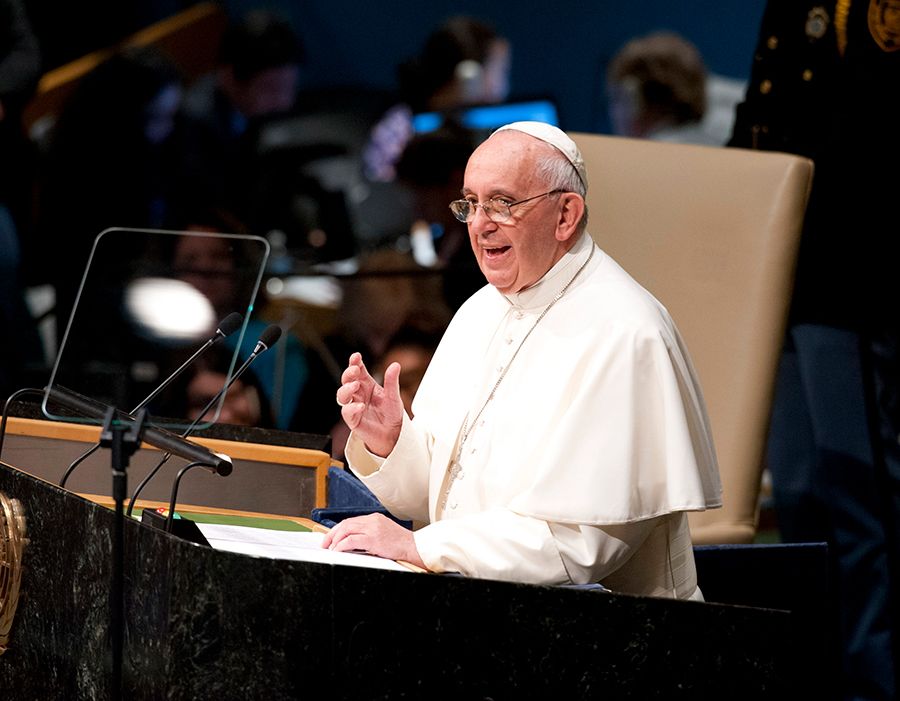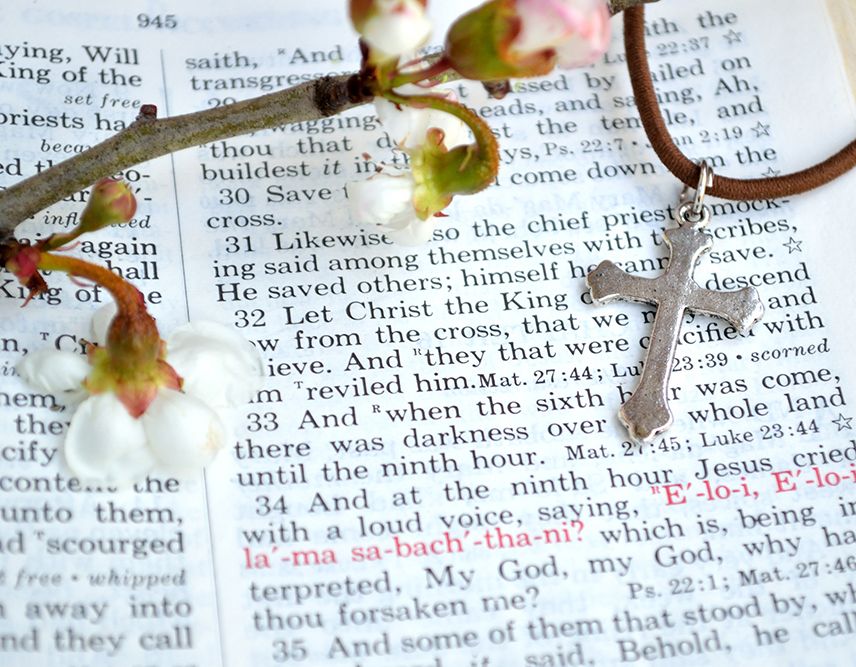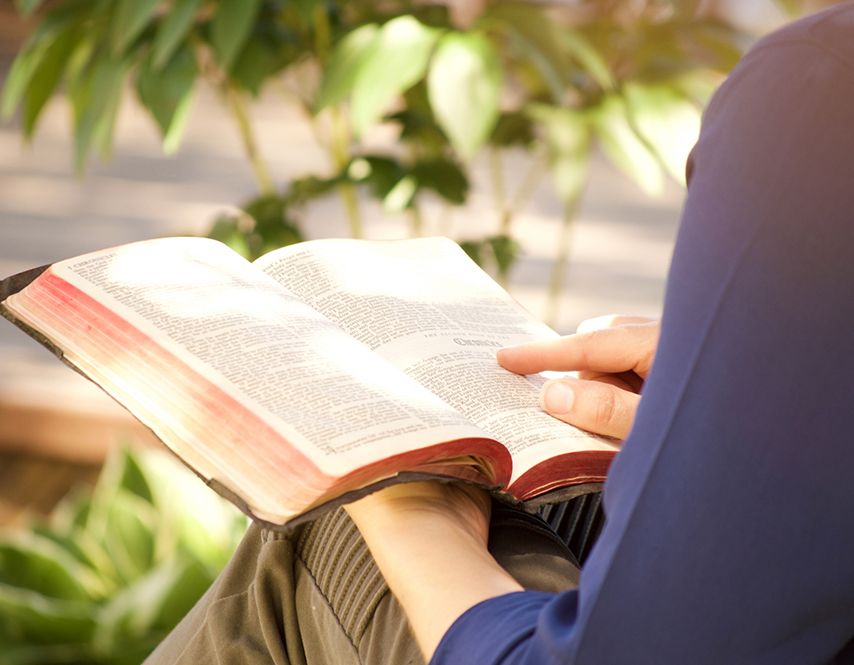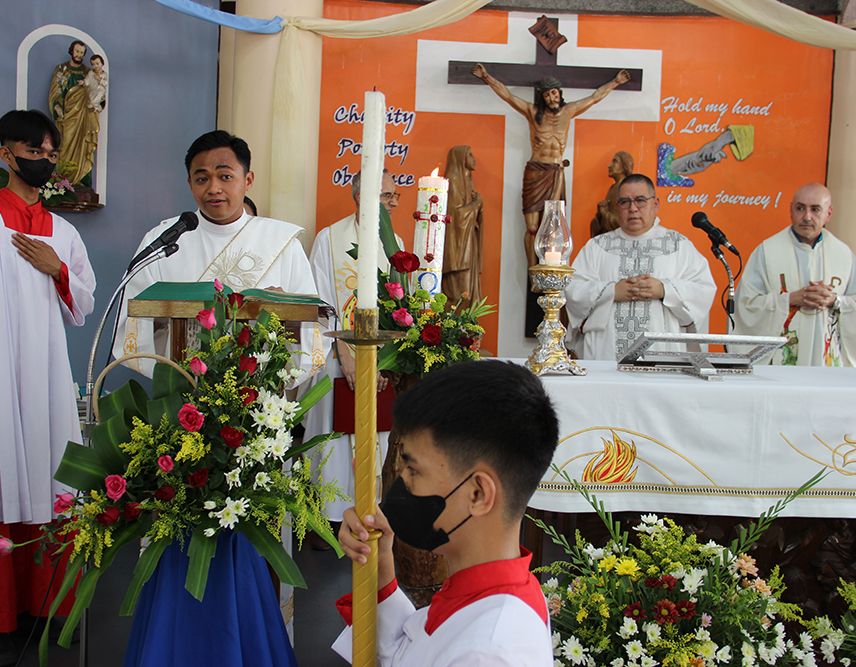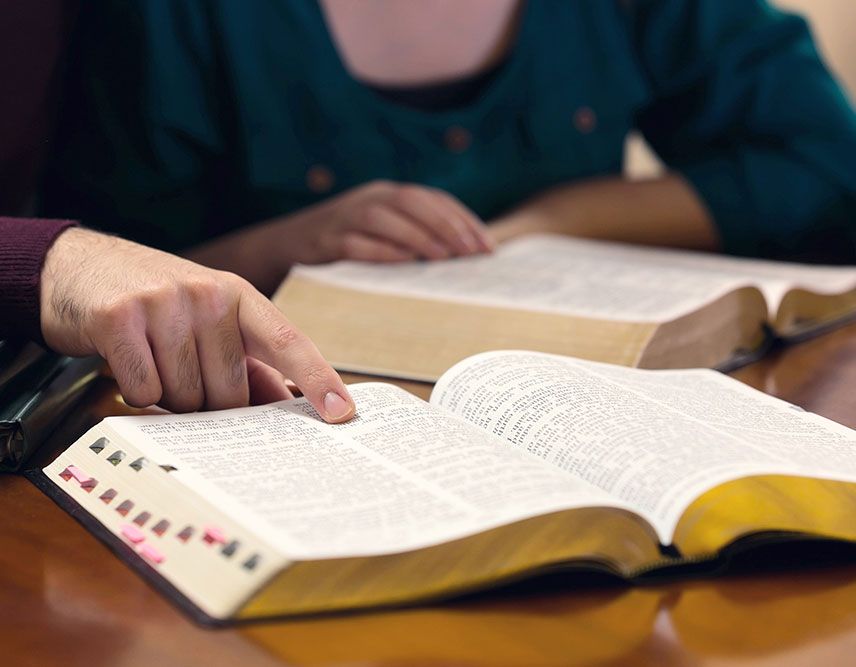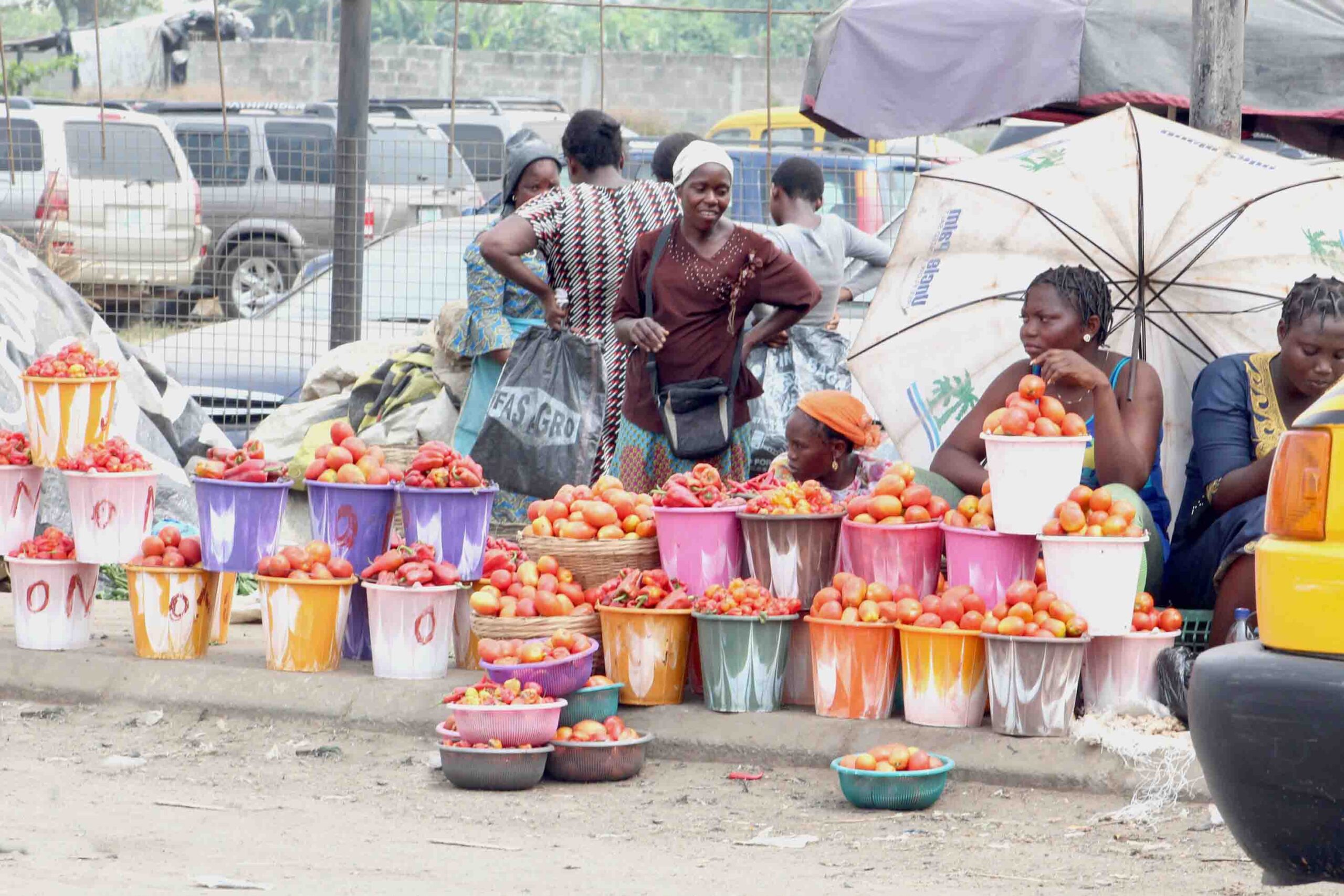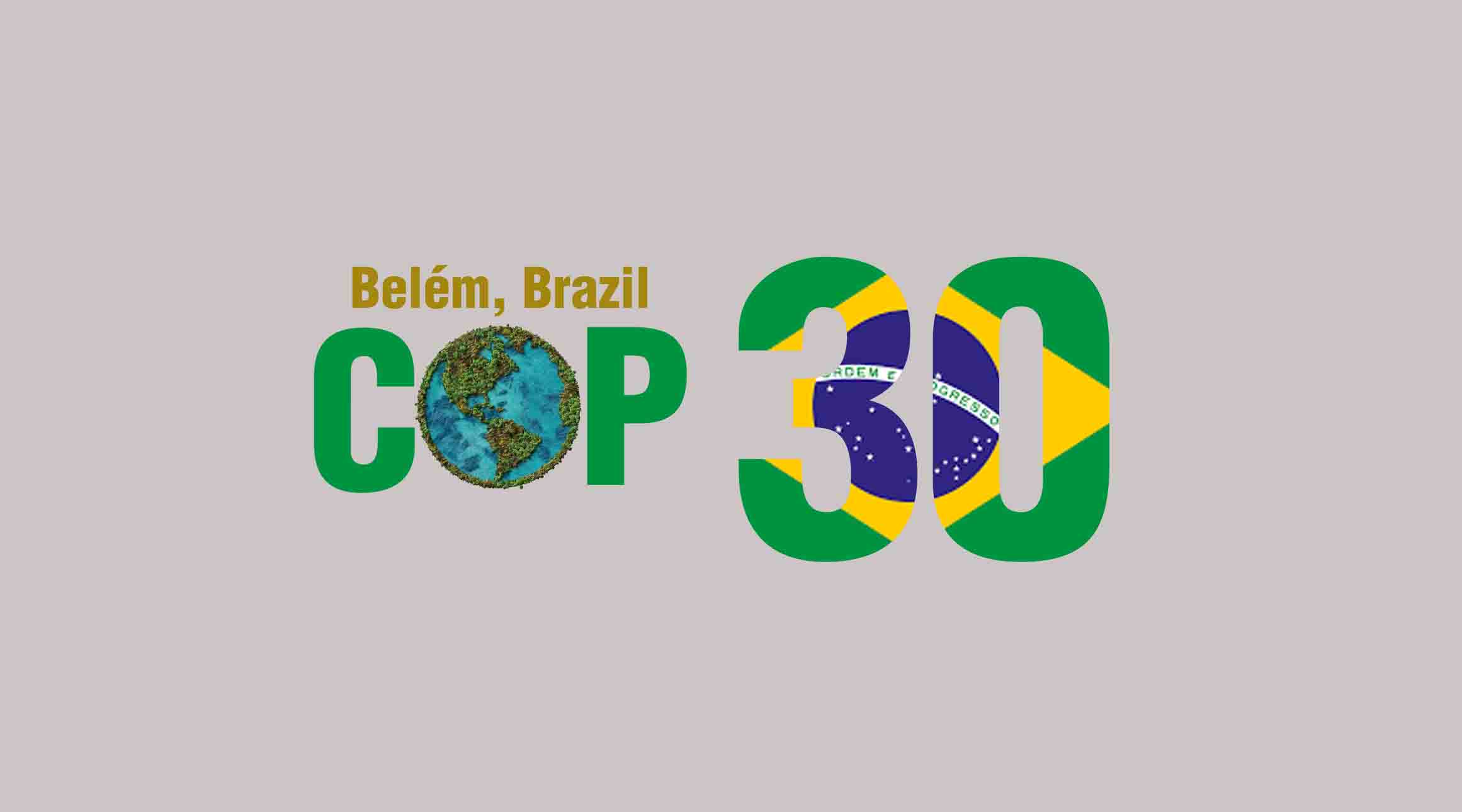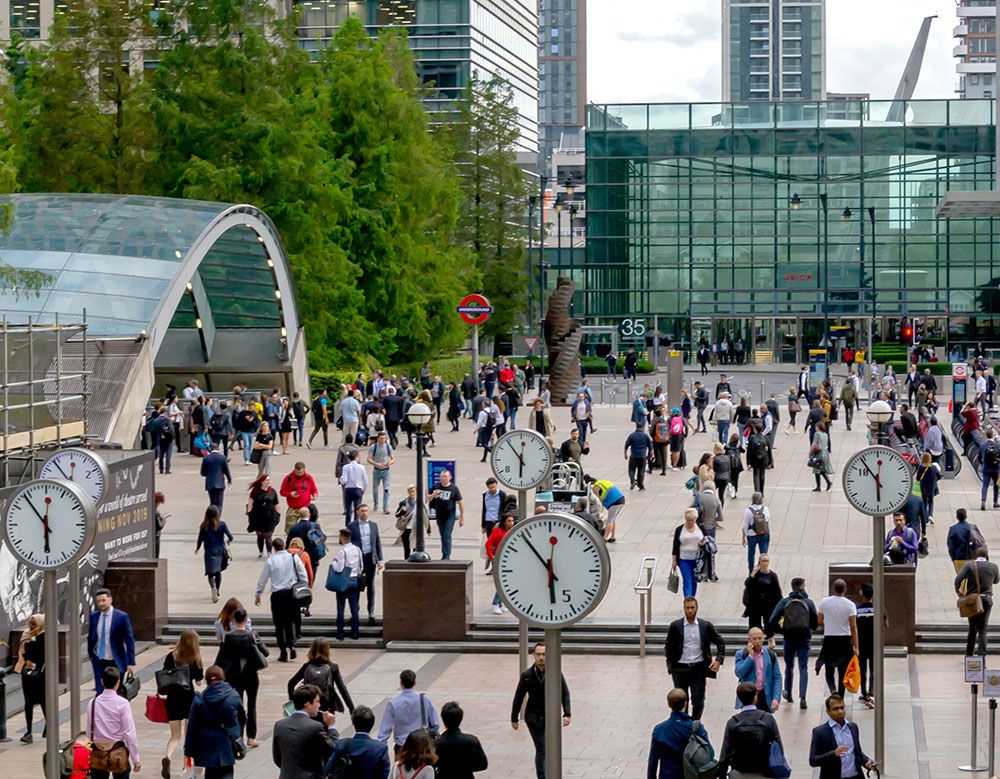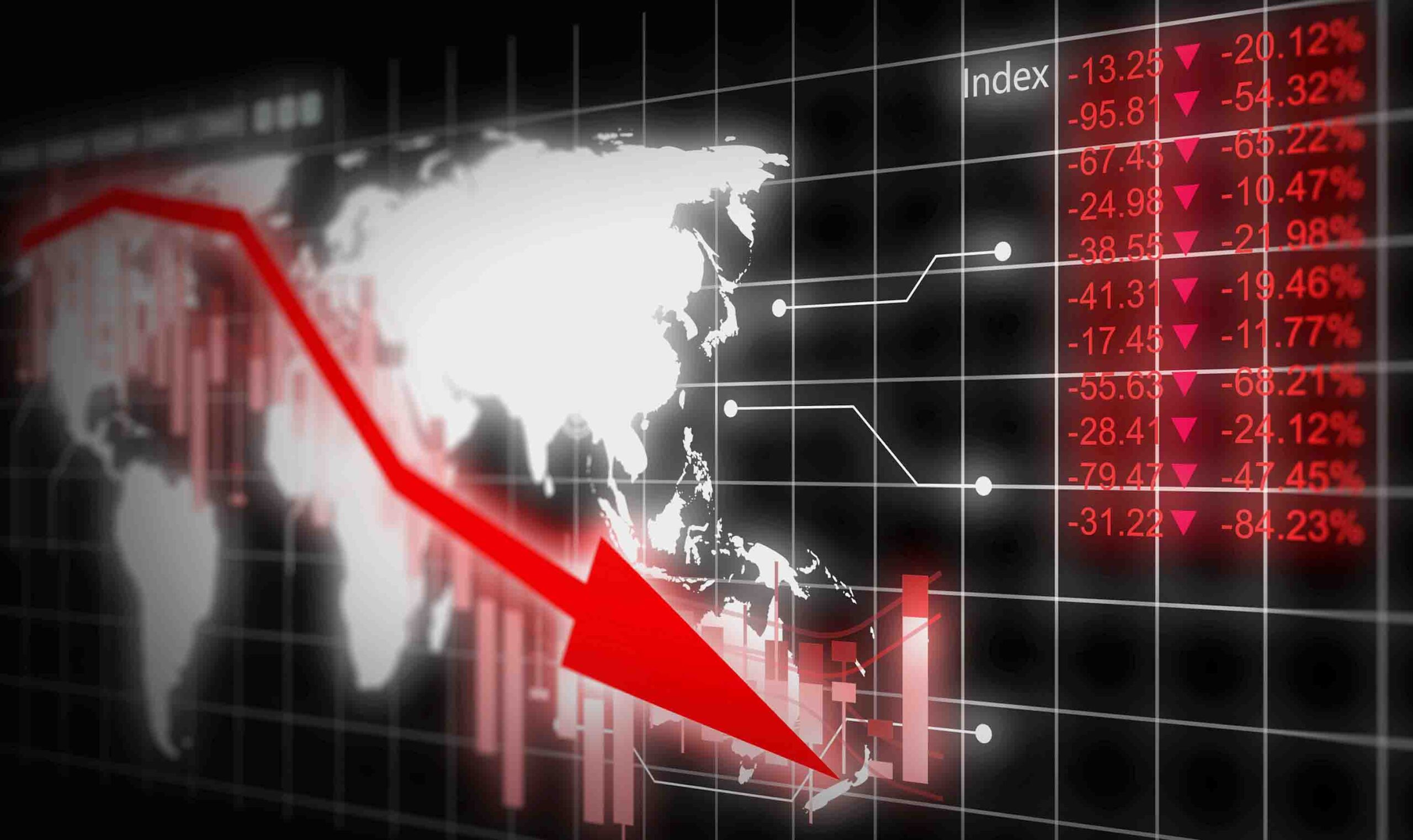Progressive or reform-minded Catholics, and many in the mainstream secular media, tend to see Pope Francis as a bold reformer who is systematically dismantling many of the Church’s archaic structures, customs, and attitudes.
Indeed, the man who won widespread admiration when he replied to a reporter’s question about the status of gay priests in the Church, “Who am I to judge?” is arguably the world’s most popular pope since John XXIII, the much-beloved architect of the Second Vatican Council.
We might ask this question: has Francis set in motion a process (synodality) that’s as capable of furthering the reform of the Catholic Church as Good Pope John’s groundbreaking Council did?
Francis is 86 and has already been pope twice as long as John, who was 81 when his pontificate came to an end after only four years and seven months. The world’s honeymoon phase with Papa Roncalli had hardly ended when he was suddenly gone.
The affection for Pope John was certainly real, but because of the relatively brief time he was on the Chair of Peter, it was much more difficult for people to see the complexities of his personality and style of governance.
Not so with Francis. Over his 10 years in office, we have all had the chance to observe him up close and in real-time. Refreshingly comfortable in his own skin, he has not been afraid to show the world the best and the not-so-best sides of his personality.
The ever-smiling pope who continually flashed the “thumbs up” sign to adoring crowds earlier in his pontificate, is looking a bit more grumpy as he deals with old age and infirmity. His critics are quick to note that he’s also showing more of the authoritarian streak he’s admitted to having struggled with as a young Jesuit superior. One thing’s for sure: with Francis, what you see is what you get.
And one of the things we’ve seen in these last 10 years is how he has become a source of deeper polarization in the Church. There is a clear demarcation that separates those who are sharply critical of him and many of the decisions he’s made from those who continue to be overwhelmingly supportive of him and the changes he has pursued during his pontificate.
The critics, it would appear, are dwarfed numerically by Team Francis (as some call the pope’s supporters). However, although members of the “opposition” are fewer, they have an outsized influence because many of them are bishops and younger priests: the Church’s decision-makers in parishes and dioceses.
The neither charitable nor logical way some of the fiercest critics have attacked the Pope has galvanized Francis’ supporters to the extent that they have become more and more prone to turn a blind eye to his missteps or to even justify them.
Missteps
And missteps there have been. For instance, the pope has set up significant protocols to effectively deal with the Church’s sexual abuse crisis but has not always applied them evenly. People with a personal connection to him seem to be treated with greater leniency than others. The secular media, which generally likes to cast Francis as anti-institutional, is loath to question the justification of any disciplinary action he takes against a church official, even on those occasions when he has abruptly sacked someone without offering a clear explanation.
The critics, on the other hand, have cast Francis as some sort of ecclesiastical dictator, pointing out that he rules by issuing decrees motu proprio (“of his own power”) without consulting others. The truth, however, is that they are just furious because he’s making decisions they do not like.
Francis actually does extensive informal consultation with a wide range of people. And, in any case, he is no different to previous popes who have also used their authority to issue unilateral decrees. Where do they think Summorum Pontificum, the no longer valid motu proprio that liberalized the use of the pre-Vatican II Mass, came from?
Pope Francis has made a lot of decisions in the last 10 years that have earned him both praise and opprobrium. Each of them could be rigorously analyzed, but that would be a futile exercise unless the entire pontificate is seen in a larger and more important context.
That context is the present historical moment. “One could say that today we are not living an epoch of change so much as a change of epoch,” Francis noted in November 2015 during an Italian Church convention in Florence.
Transformation In History
There is much to suggest that we are currently in the middle of the biggest transformation in human history. The digital revolution that began sometime last century is still in its infancy and is being accelerated by advances in artificial intelligence.
We are experiencing the greatest mass movement of people in history, with many forced to leave their native lands because of war and lack of security, climate change and environmental degradation, economic injustice and unemployment. And the credibility of many of the institutions that were once believed to be the undisputed bedrock of human society, including the Churches, has also begun to teeter.
It is impossible to make proper sense of Francis’ decade-long pontificate and what it has tried to achieve unless we view it within this larger frame. This is what the Pope himself has indicated when he wrote in Evangelii Gaudium, his 2013 apostolic exhortation: “In our time, humanity is experiencing a turning-point in its history, as we can see from the advances being made in so many fields. We can only praise the steps being taken to improve people’s welfare in areas such as health care, education, and communications. At the same time, we have to remember that the majority of our contemporaries are barely living from day to day, with dire consequences … This epochal change has been set in motion by the enormous qualitative, quantitative, rapid, and cumulative advances occurring in the sciences and in technology, and by their instant application in different areas of nature and of life. We are in an age of knowledge and information, which has led to new and often anonymous kinds of power.”
The Church Has To Change
In order to navigate this turning point in history, as Francis calls it, the Church has no choice but to change. It stands within history, not outside of it. Otherwise, it cannot fulfil the demand of the Gospel of Christ–reiterated at Vatican II and by every pope since–to serve the “progressive development of peoples,” as Paul VI put it.
The Second Vatican Council not only reinforced the Church’s mission in the world vis-à-vis its social doctrine, but it also ushered in numerous reforms aimed at bolstering the Church’s mission to bring Christ to the world. Evangelii Gaudium calls for a deeper reflection on how ministry, customs, structures, and offices (including the papacy) may need to be modified to make evangelization more effective.
It is obvious that, in a new epoch, certain human precepts from the past will have to be altered and simplified. He has shown himself to be more concerned with following the demands of the Gospel sine glossa than following previously issued church documents that, like the Church’s current structure, are–in many ways–no longer fit for purpose. This is especially true of its Eurocentric paradigm.
Francis has been steadily moving Catholicism away from Eurocentrism and focusing on the so-called peripheries, encouraging local and regional efforts at enculturating the Gospel, ministry, and worship. In this process, he distinguishes the essentials (those things which are everlasting and cannot change) from the incidentals (those things that can and must change).
The Jesuit Pope certainly has his flaws, as every human being has. But he has never tried to pretend otherwise. This, too, is part of what he’s been able to do during his 10 years in office–demythologize the papacy and make it more human, less distant. The irony, of course, is that Francis has often availed himself of the unique prerogatives connected to the highly centralized ultramontane papacy to start a process that could end up with papal authority weakened.
Reginald Foster, the late American Carmelite priest who was the Vatican’s chief Latinist from the late 1960s until 2009, often talked about the need to completely reform the Church. Foster, who died in his native Milwaukee on Christmas Day in 2020, approved of what Pope Francis was doing. And that makes perfect sense. Years ago, when he was still in Rome, he once told me in his characteristically iconoclastic way: “If I were pope, I’d issue 100 decrees on my first day in office, and on the second day I’d resign!”
Published in The Tablet





